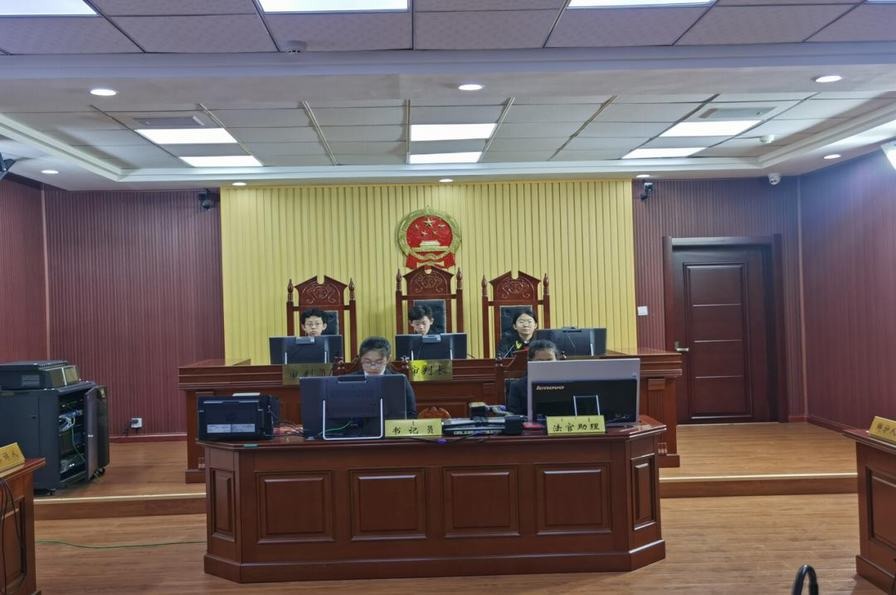
用户关注焦点: farm expropriation without land compensation
1. **Land Ownership**:
In China, land is owned by the state or collective (Article 9, Constitution of the People's Republic of China). Compensation for expropriation primarily concerns the rights to use and benefit from the land, rather than ownership itself.
2. **Compensation Standards**:
The Land Administration Law (Article 47) requires that fair compensation be provided for those whose land-use rights are acquired. This includes both monetary compensation and arrangements for post-expropriation living and work.
3. **Procedural Requirements**:
The Expropriation and Resettlement Act outlines procedures for notification, public hearing, negotiation, and dispute resolution. Failure to follow these steps could render the expropriation illegal.
4. **Public Interest**:
Expropriations must serve a public purpose, such as infrastructure development or urban planning (Article 46, Land Administration Law). If not, it may be considered unconstitutional.
5. **Legal Remedies**:
If farmers believe they have been unfairly compensated or the process was flawed, they can seek legal redress through administrative review or court litigation (Article 58, Administrative Reconciliation and Litigation Law).
In summary, while farm expropriation in China typically involves compensation for land-use rights, the adequacy of this compensation and adherence to procedural requirements are crucial. Farmers have legal avenues to challenge inadequate or improper expropriations. It is essential to consult current legislation and engage with qualified legal professionals for specific cases.
总结:In summary, while farm expropriation in China typically involves compensation for land-use rights, the adequacy of this compensation and adherence to procedural requirements are crucial. Farmers have legal avenues to challenge inadequate or improper expropriations. It is essential to consult current legislation and engage with qualified legal professionals for specific cases.










